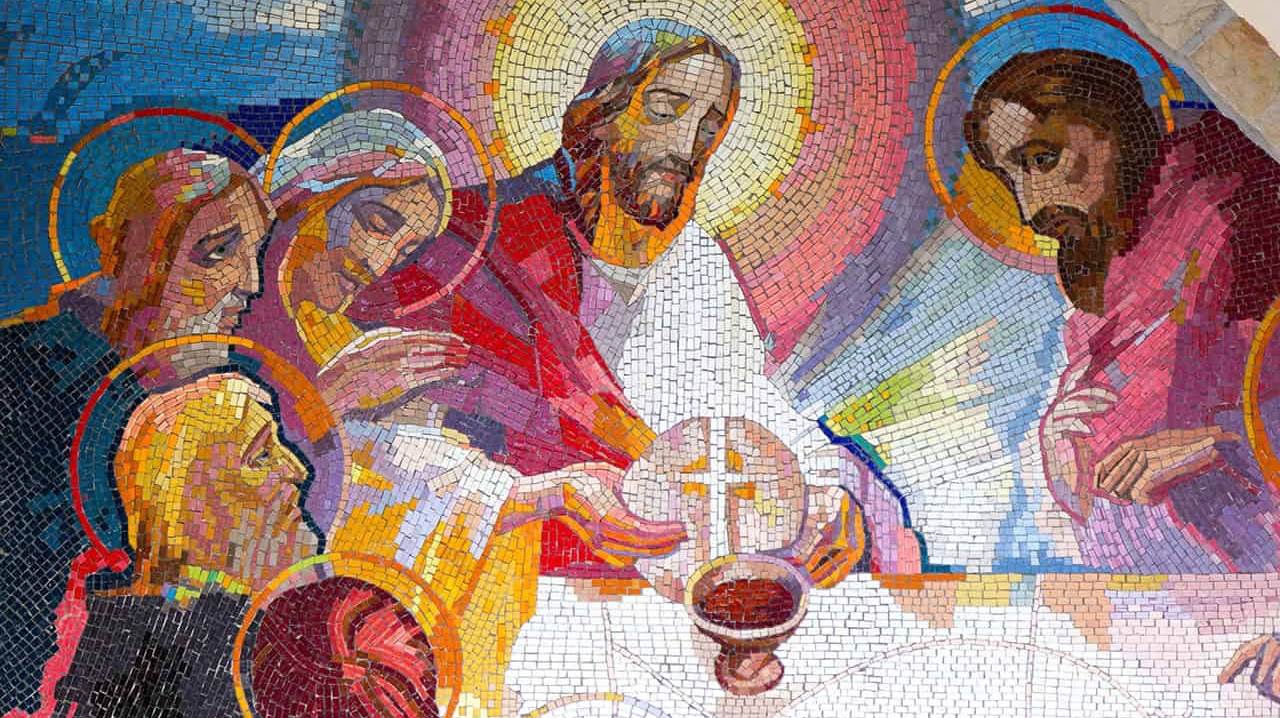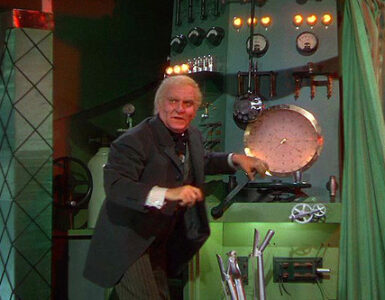
The person who is trustworthy in very small matters is also trustworthy in great ones; and the person who is dishonest in very small matters is also dishonest in great ones.
These words, spoken some 2000 years ago, ring true today. Yet, in today’s culture people seem to have forgotten this basic rule. Facebook and Twitter are replete with stories, photos, and snippets detailing the antics and behaviors of ordinary individuals. They forget that once something is on the internet, it remains there, easily discoverable years later.
Every so often a story is reported on how someone has been caught in a compromising situation because of what they posted on-line. Trust is very difficult to achieve and, once broken, is almost impossible to regain. Unfortunately, a sophomoric antic uploaded to the internet while one is in high school may prevent you from getting a job following college graduation. I know it sounds petty, but in today’s culture, a person needs to have a squeaky clean reputation when it comes to people being able to trust them with even the smallest of tasks.
The parable of the dishonest steward illustrates how the world sometimes operates. As Christians, we need to learn from the world. Dishonest people use dishonest means to get ahead in the world. They are industrious and enterprising. They have goals and ambitions. In contrast, Jesus challenges his followers to also be industrious and ambitious, but for a loftier goal, namely, eternal life.
Of course, not all worldly people are dishonest; nor are all Christians lazy about pursuing their ultimate goals. However, we need to make sure that we are in balance. The things of this world are merely tools and instruments for achieving eternal life. They are not an end in and of themselves.
The goals of the world (like power, wealth and prestige) should not be our ultimate goals in life. On the other hand, we should not eschew certain practices because they are too worldly. Wealth, power, and prestige can be used for good:
They can alleviate hunger and poverty. They can help people to find meaningful work and decent housing. They can build up relationships between countries which will help the global economy.
However, any good that we do must be done in an atmosphere of trust. No goal or project, no matter how altruistic or noble it may be, can ever be achieved if dishonest means are used. The very use of dishonesty invalidates any good that may have come from a particular project. Good stewardship, whether in our own households or in big business, means that we must deal with people fairly and honestly. If people cannot trust us in very small issues, how will God be able to trust us with His Kingdom?




























